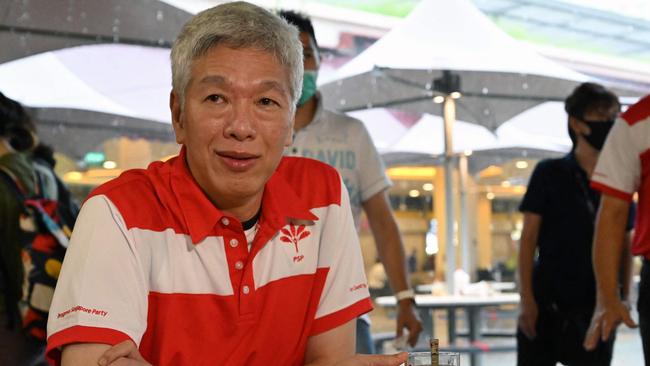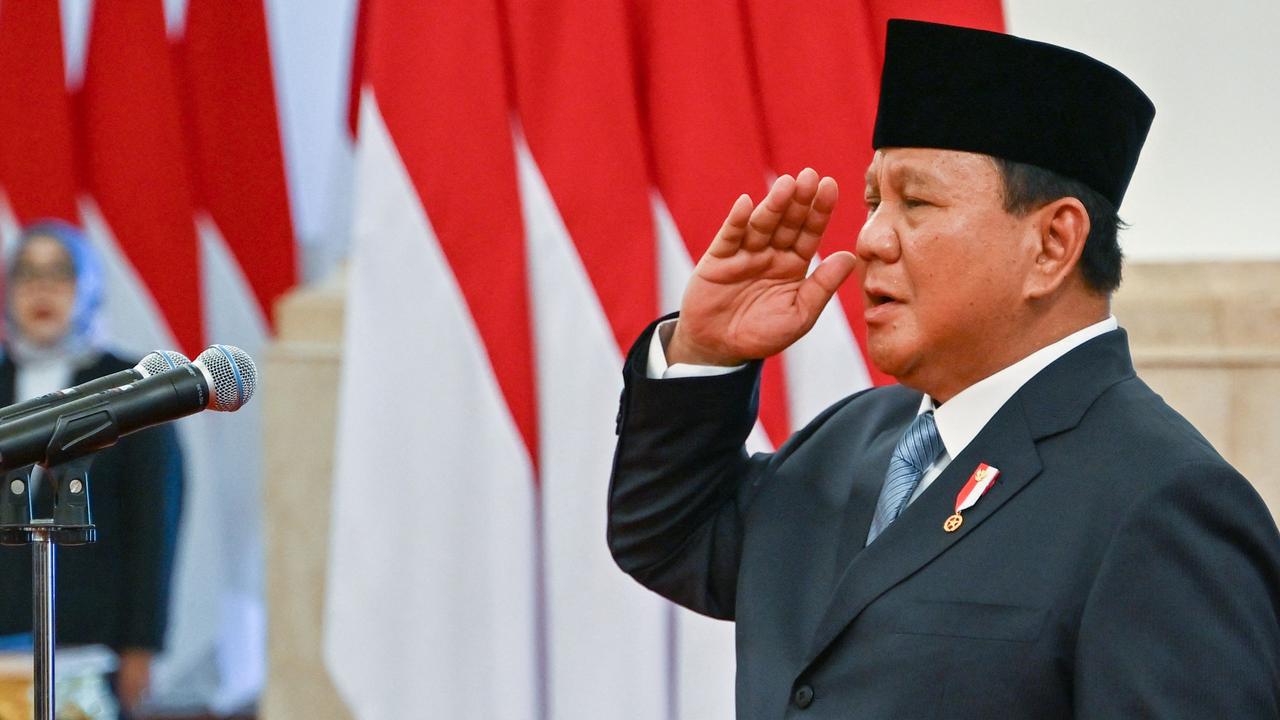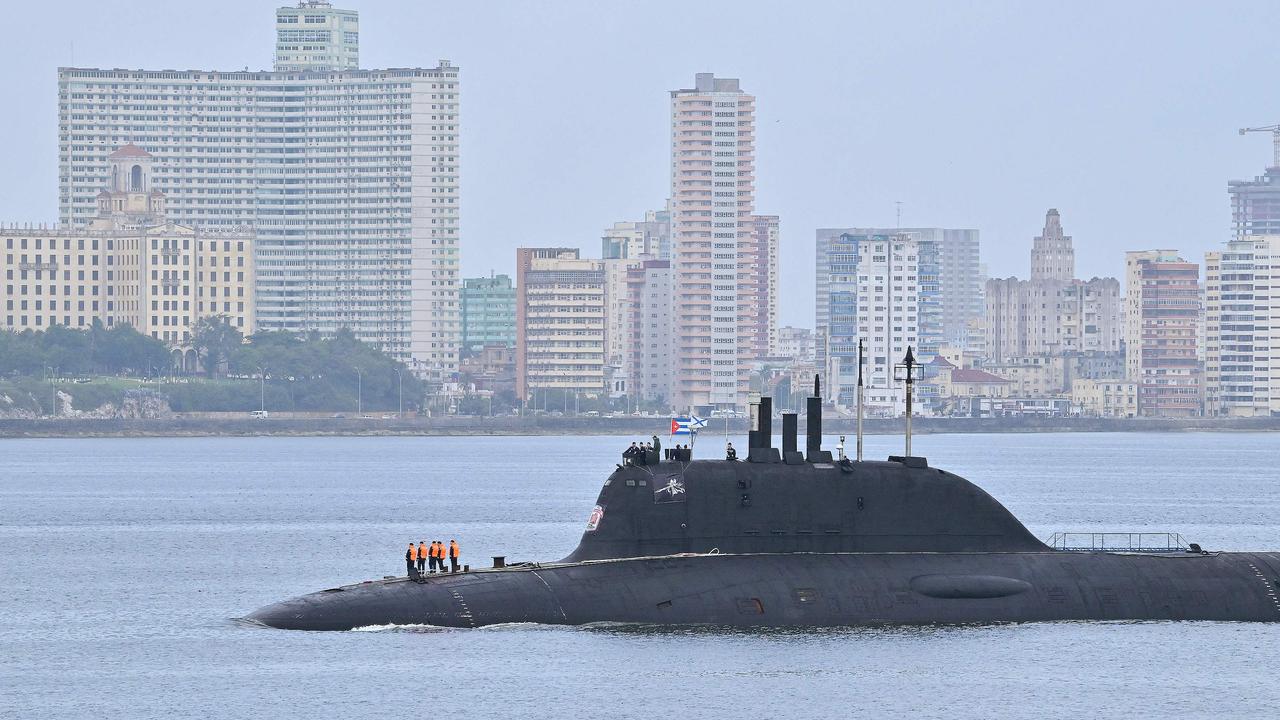Singapore founder Lee Kuan Yew’s younger son given asylum in UK
Lee Hsien Yang, 67, says he has been granted UN refugee status and political asylum by the British government because of alleged persecution by the city state government.

The younger son of Singapore’s founding father Lee Kuan Yew says he has been granted UN refugee status and political asylum by the British government because of alleged persecution by the city state government which, until May, was led by his brother Lee Hsien Loong.
Lee Hsien Yang, 67, made the announcement on his Facebook page on Tuesday, saying he was now a “political refugee from Singapore” after seeking asylum in Britain in 2022.
“In 2017, my sister Wei Ling and I declared, ‘We do not trust Hsien Loong as a brother or as a leader’,” he wrote of the former prime minister. “We stated that we feared the abuse of the organs of the Singapore state against us and against my family. Because of that risk, I was unable to attend Wei Ling’s funeral.
“The Singapore government’s attacks against me are in the public record. They prosecuted my son, brought disciplinary proceedings against my wife, and launched a bogus police investigation that has dragged on for years. On the basis of these facts, the UK has determined that I face a well-founded risk of persecution, and cannot safely return to Singapore.”
The two brothers have been at war since 2017 over their father’s legacy and the fate of their childhood home.
Lee Hsien Yang and his late sister, who died this month of a rare and degenerative brain disease, maintained their father had left clear instructions it be demolished once his daughter was ready to move out.They accused Lee Hsien Loong of misusing his powers as prime minister to overturn those instructions in order to capitalise on his father’s legacy.
Hsien Loong has always insisted his father was content to leave the issue up to the government and he had remained at arms length from the final decision to preserve it.
Hsien Yang claims Singapore authorities used “baseless” allegations against him, his wife and son to bring a series of legal actions. In 2017 his son, Harvard academic Li Shengwu, was found guilty of “scandalising the judiciary” for publicly claiming the Singapore government was “very litigious and has a pliant court system”, and fined $S15,000.
His wife, Lee Suet Fern, a successful corporate lawyer, was accused the following year of acting improperly in relation to her father-in-law’s will and suspended for 15 months.
Last month, Hsien Yang was forced to pay Singapore’s Law Minister K. Shanmugam and Foreign Minister Vivian Balakrishnan more than $S619,000 after they successfully sued him for defamation over his claim they received preferential treatment for renting colonial-era state bungalows.
He and his wife are also under investigation for alleged perjury.
Hsien Yang says the actions against him and his family had “escalated to the point where I believe for my own personal safety I should not continue to live in Singapore”.
They left the country in 2022.
A Singapore government spokesman told The Guardian the city state had a “robust system to deter and tackle money laundering and other illicit financial flows”, reflected in its high ranking in Transparency International’s corruption perceptions index.
Singapore’s Ministry of Digital Development said Lee Hsien Yang’s claims of persecution were “without basis” and that Singapore’s judiciary was “impartial and makes decisions independently”.
Lee Hsien Yang said Singapore’s claims to be a developed society that was committed to the rule of law were just a “shiny” facade.
“At the core we retain these repressive measures. And many of them did come from the time my father was prime minister and from the time it was a British colony.”
Lee Kuan Yew is widely credited with having lifted Singapore up from an impoverished city state to one of the world’s wealthiest and most advanced nations.
His 31-year rule was also marked by repression, with hundreds of critics jailed and civil liberties seriously curtailed.



